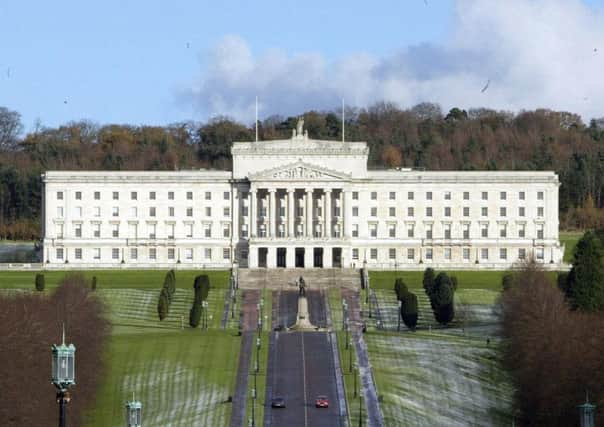YP Comment: Deadlock in Northern Ireland


That said, the peace and stability now being taken for granted in Northern Ireland will be compromised if the main protagonists, namely the Democratic Unionist Party and republican Sinn Fein, can’t broker a new agreement following last Thursday’s poll. A state of affairs complicated by DUP leader Arlene Foster’s refusal to stand down over heating policy, Unionist parties no longer enjoying a majority and forthcoming Brexit talks where the border between Northern Ireland and the neighbouring Irish Republic will be a key issue, the most damaging of all would, arguably, be a return to direct rule to Westminster.
Such a scenario would undermine the trust and goodwill that has been built up on both sides and which culminated with Ian Paisley senior and Martin McGuinness – sworn enemies for decades – sharing power effectively in the most unlikely political alliance of all. This is the type of leadership that Northern Ireland – and the rest of the United Kingdom – expects again. And although current legislation paves the way for another election if deadlock remains after three weeks, the Government should be minded to extend this negotiating period if the parties are making progress in, arguably, the peace process’s greatest test to date. Going back in time is not the way forward.